CeBIT 2010: Is enterprise software dead?
Cloud computing and consumer style systems are the way of the future, say CeBIT speakers.

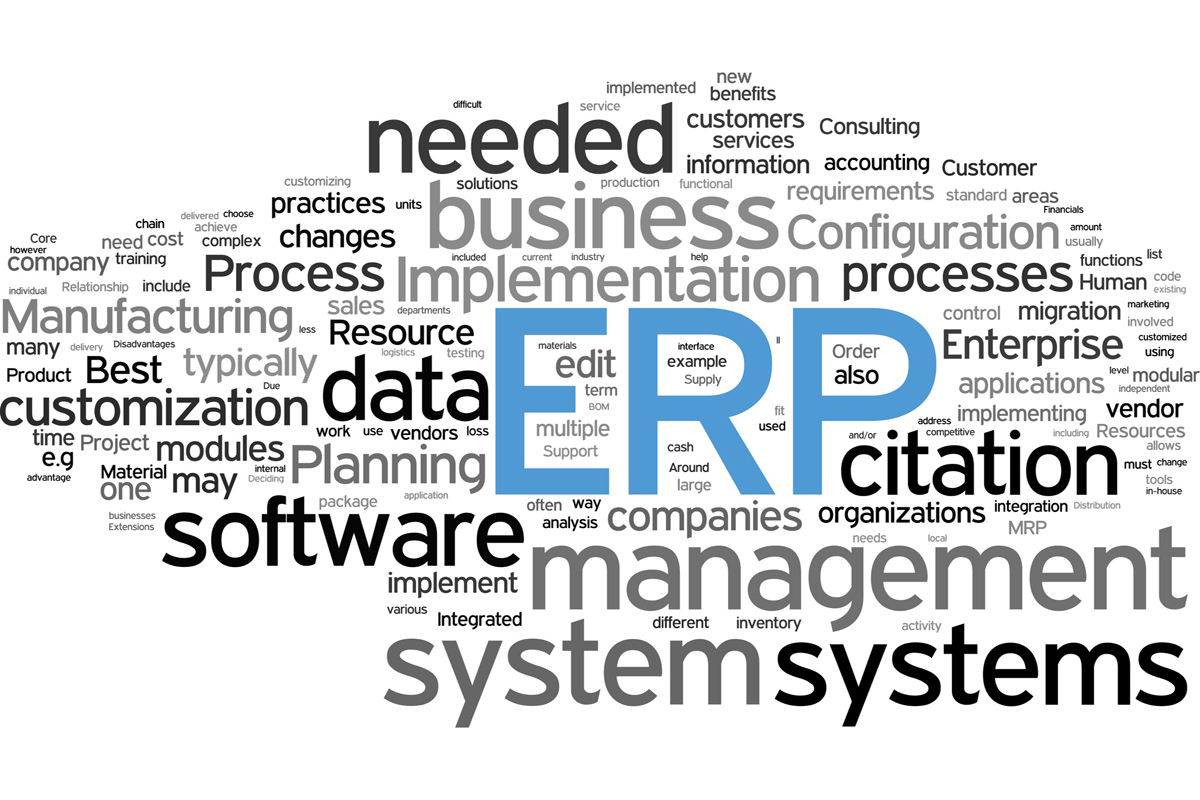
Sign up today and you will receive a free copy of our Future Focus 2025 report - the leading guidance on AI, cybersecurity and other IT challenges as per 700+ senior executives
You are now subscribed
Your newsletter sign-up was successful
It was bad news for enterprise software today, as experts from Adobe and Salesforce.com made the argument for the cloud at CeBIT.
The next 10 years will be remembered as the "decade when enterprise software died", according to Salesforce.com's European president Dr Steve Garnett, saying something "radical" was happening to the business software industry.
He said: "I think you will find, ladies and gentlemen, a radical change in how business applications will be deployed, and the old world of buying and installing business software will dissappear."
And it's no small change. "This shift is more than the shift we saw from mainframe computing."
Like others before him, Garnett said that the consumerisation of IT was driving this shift.
"The days are gone when we used to learn how to use computing from IBM or Microsoft... most people spend an awful lot of their time personally on the web. Most of the next-generation of execs have grown up with the web. They know nothing else," said Garnett.
Garnett said people questioned why it's so easy to shop online, but so "hard and expensive" to run business processes. "It just does not equate."
Sign up today and you will receive a free copy of our Future Focus 2025 report - the leading guidance on AI, cybersecurity and other IT challenges as per 700+ senior executives
He said enterprise software is "staggeringly complex, staggeringly expensive and allows very little innovation."
Customer-driven enterprise
Rob Tarkoff, senior vice president for Adobe, agreed that enterprise software needed help.
"Things are going wrong with enterprise software, he said. "These systems are not designed to deal with the problems of the customer driven enterprise."
Tarkoff said it wasn't about "taking enterprise software systems people have for years and throwing them in the garbage," but going the extra last mile and "reaching through the screen and grabbing your customer into a business process, and that's not what enterprise software was developed to do."
"As the promise of the web as an online interaction hub has emerged, people have been unable to make this leap, to jump across and provide as powerful experience on the web as in traditional software," he said. "Why? Because in the online world...you can't dictate standards to the user...they have choice, they have freedom."
He added: "It's up to you to chose the old way or the new way, the system centric approach, or the user centric approach. People just have to take the leap again, leaving behind the phone centres and the ticket offices and really take advantage of ecommerce technology that's there."
Freelance journalist Nicole Kobie first started writing for ITPro in 2007, with bylines in New Scientist, Wired, PC Pro and many more.
Nicole the author of a book about the history of technology, The Long History of the Future.
-
 Anthropic researchers warn AI could 'inhibit skills formation' for developers
Anthropic researchers warn AI could 'inhibit skills formation' for developersNews A research paper from Anthropic suggests we need to be careful deploying AI to avoid losing critical skills
-
 CultureAI’s new partner program targets AI governance gains for resellers
CultureAI’s new partner program targets AI governance gains for resellersNews The new partner framework aims to help resellers turn AI governance gaps into scalable services revenue
-
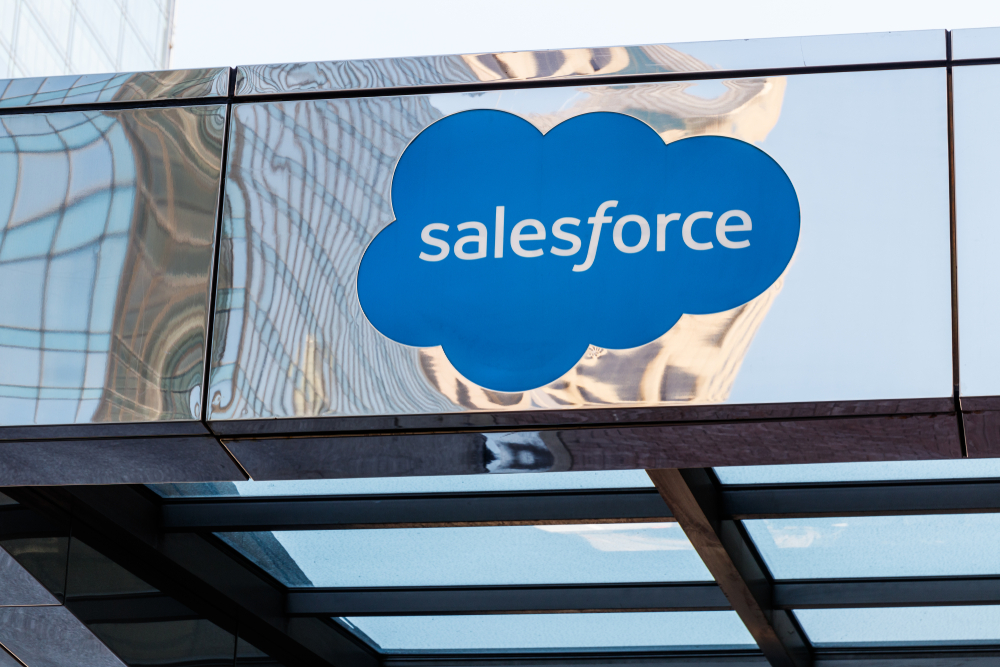 Salesforce extends IT lifecycles as firms continue to tackle infrastructure cost burdens
Salesforce extends IT lifecycles as firms continue to tackle infrastructure cost burdensNews Salesforce is the latest in a string of firms that have extended IT lifecycles to unlock cost savings
-
 Amazon, Salesforce to cut 26,000 jobs as tech layoff spree continues
Amazon, Salesforce to cut 26,000 jobs as tech layoff spree continuesNews Both companies cited economic uncertainty as a key factor in the decision, while Amazon underestimated its number of sackings by almost double
-
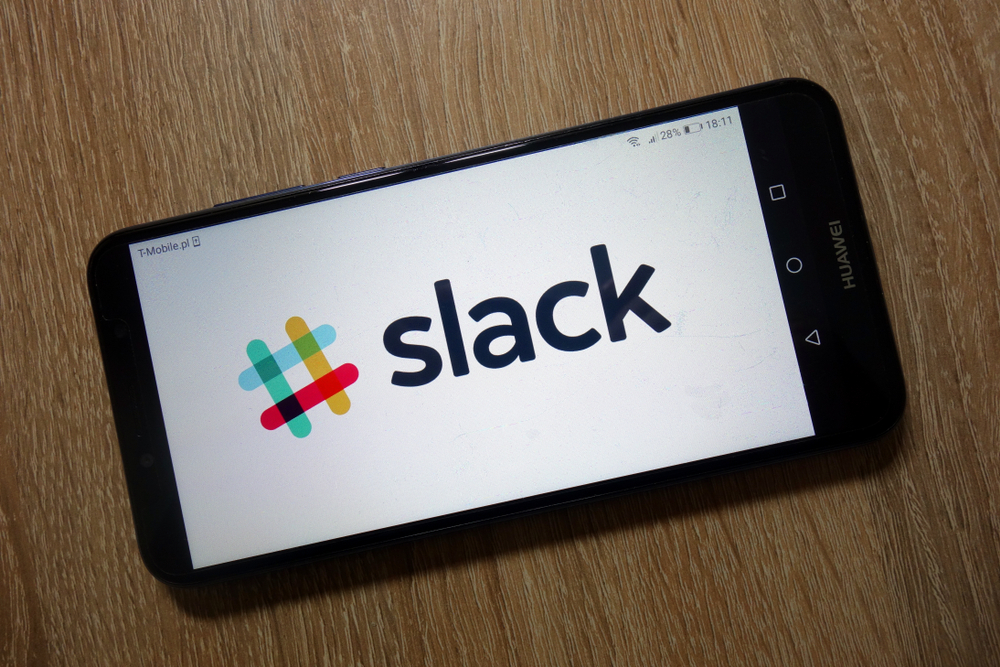 Another Salesforce leader departs, will replace outbound Slack CEO
Another Salesforce leader departs, will replace outbound Slack CEONews Slack's CEO and co-founder Stewart Butterfield also announced the departure of two other executives, but said the timing was purely coincidental
-
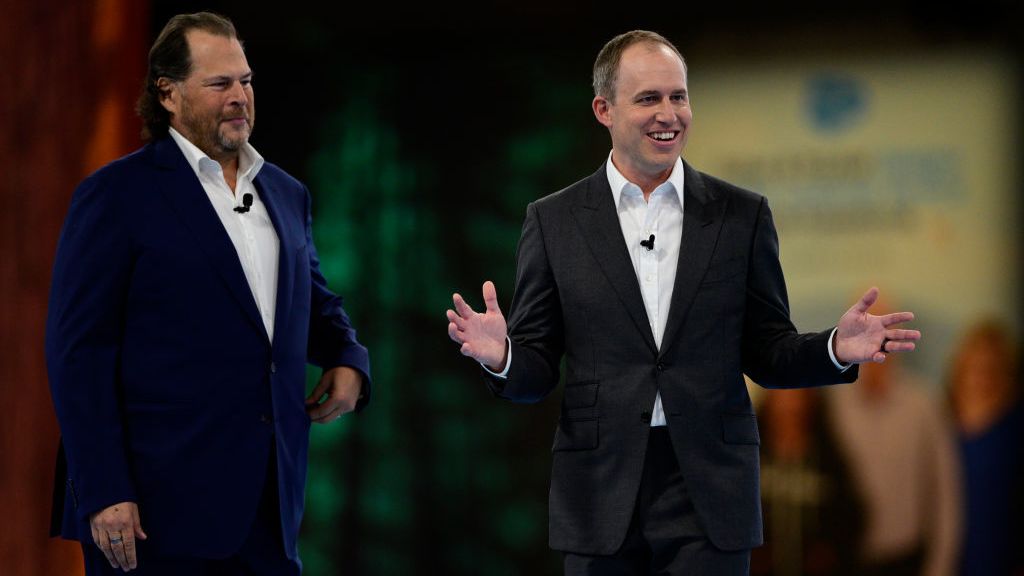 Salesforce co-CEO Bret Taylor resigns with cryptic parting message
Salesforce co-CEO Bret Taylor resigns with cryptic parting messageNews The departure of the executive mirrors the actions taken by his predecessor, who only was in the role for 18 months before leaving as well
-
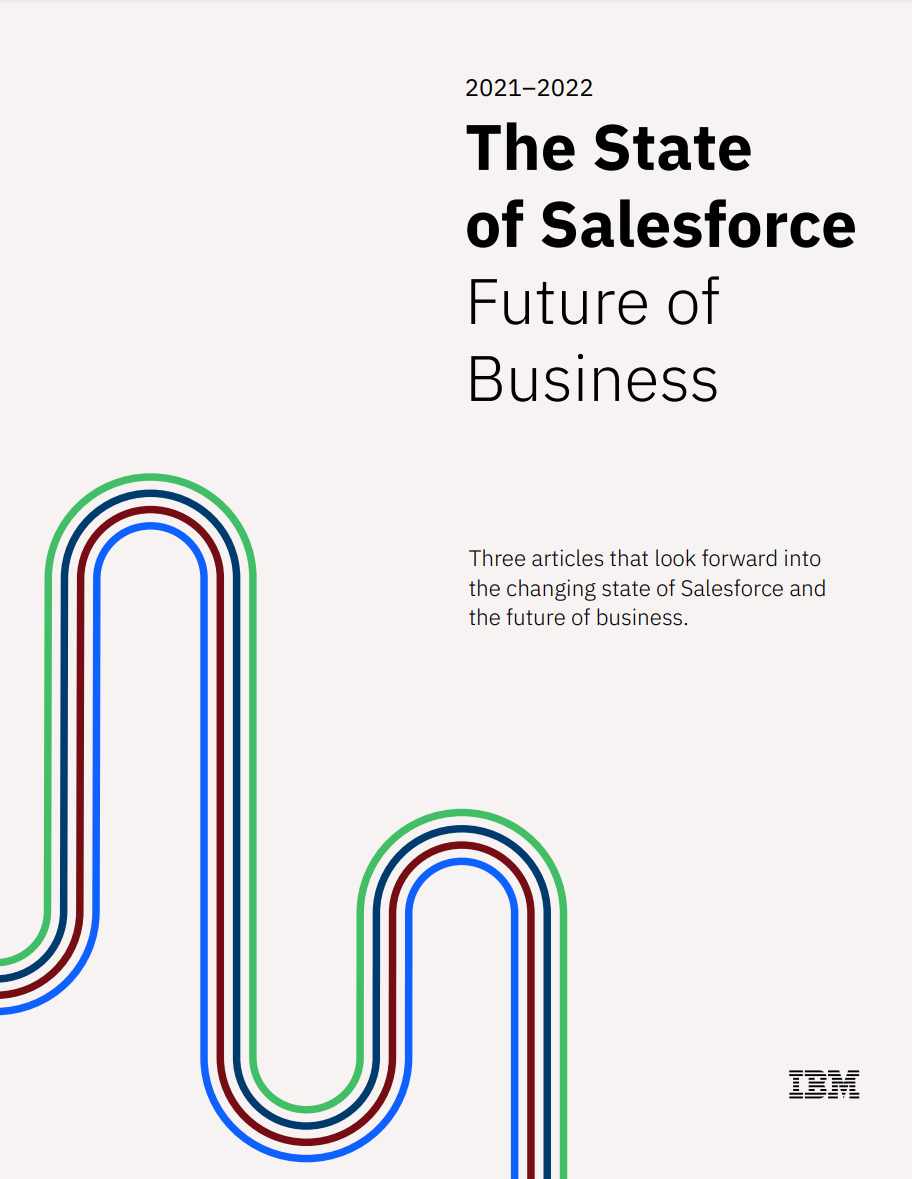 The state of Salesforce: Future of business
The state of Salesforce: Future of businessWhitepaper Three articles that look forward into the changing state of Salesforce and the future of business
-
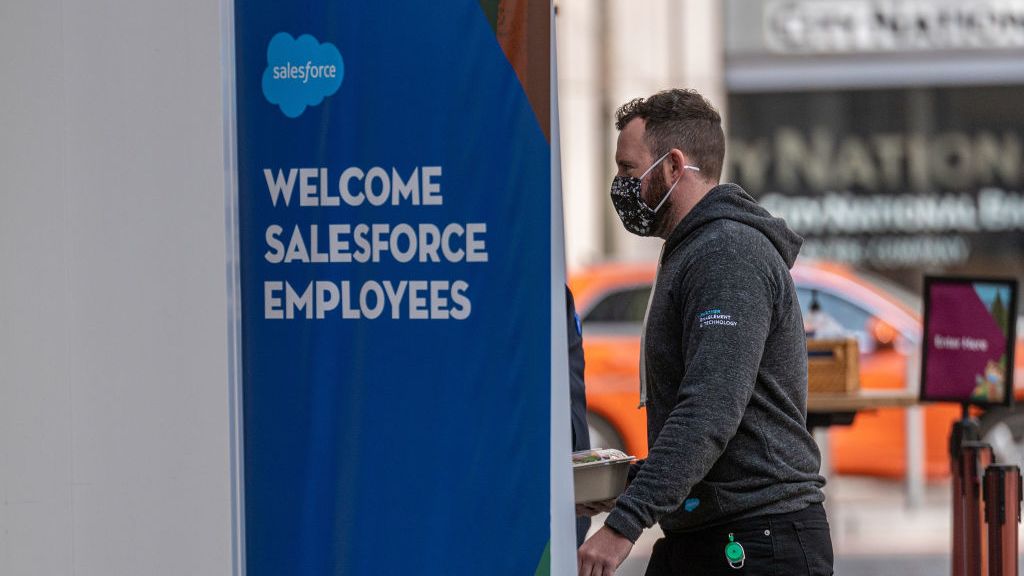 Salesforce investors reject call for investigation into claims the company is toxic for non-white workers
Salesforce investors reject call for investigation into claims the company is toxic for non-white workersNews It's claimed it will take another 12 years before Salesforce reaches its goal of having 50% of its employees from underrepresented backgrounds
-
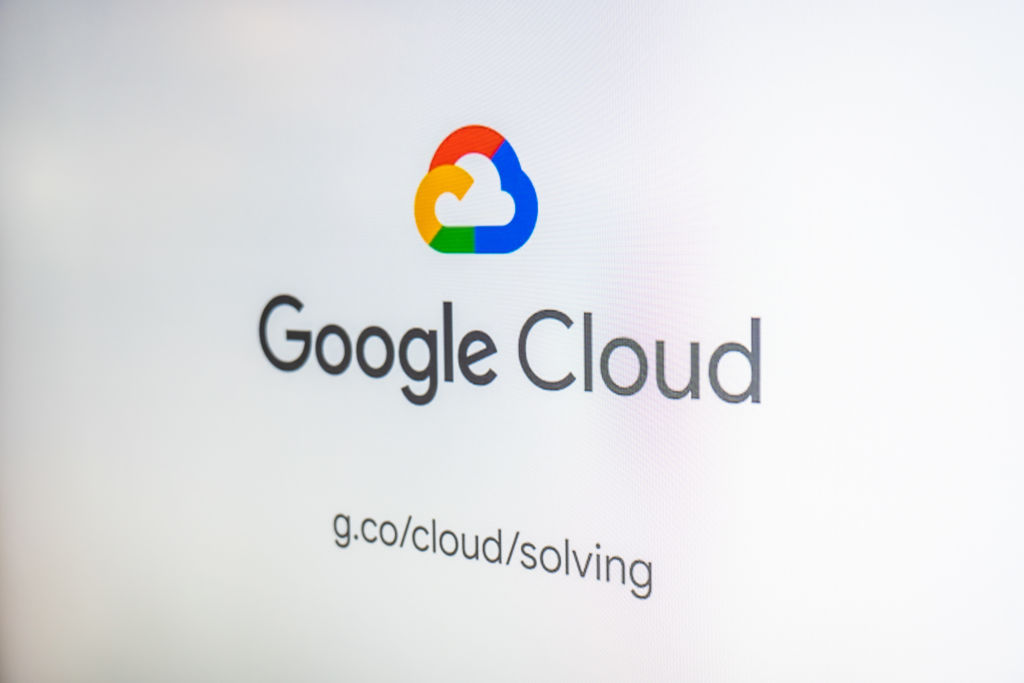 Google Cloud appoints ex-Salesforce exec Kelisky as UK and Ireland managing director
Google Cloud appoints ex-Salesforce exec Kelisky as UK and Ireland managing directorNews Helen Kelisky to bring 30-years of cloud sales experience to the tech giant
-
 Salesforce enhances cloud-based health care offering
Salesforce enhances cloud-based health care offeringNews Remote patient management and medication tracking among new services
